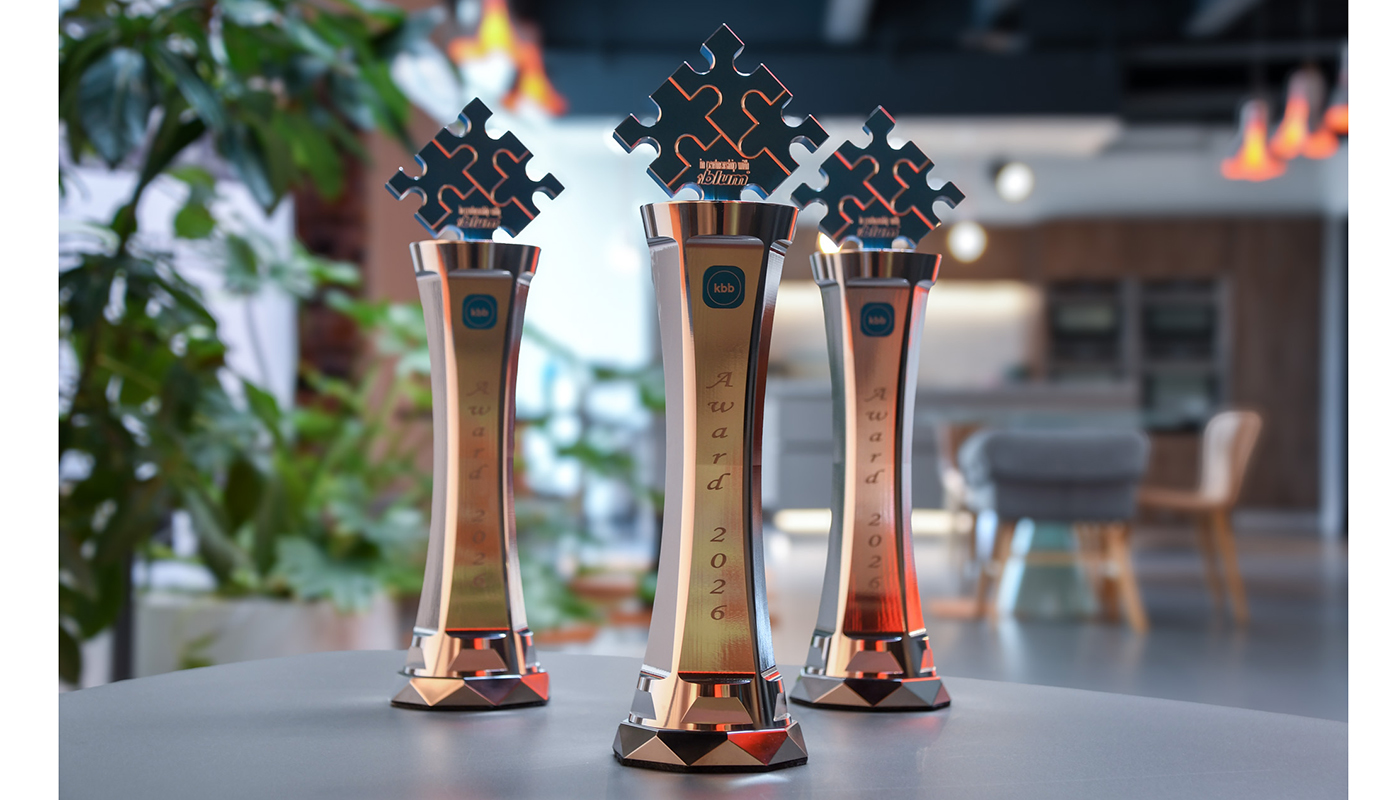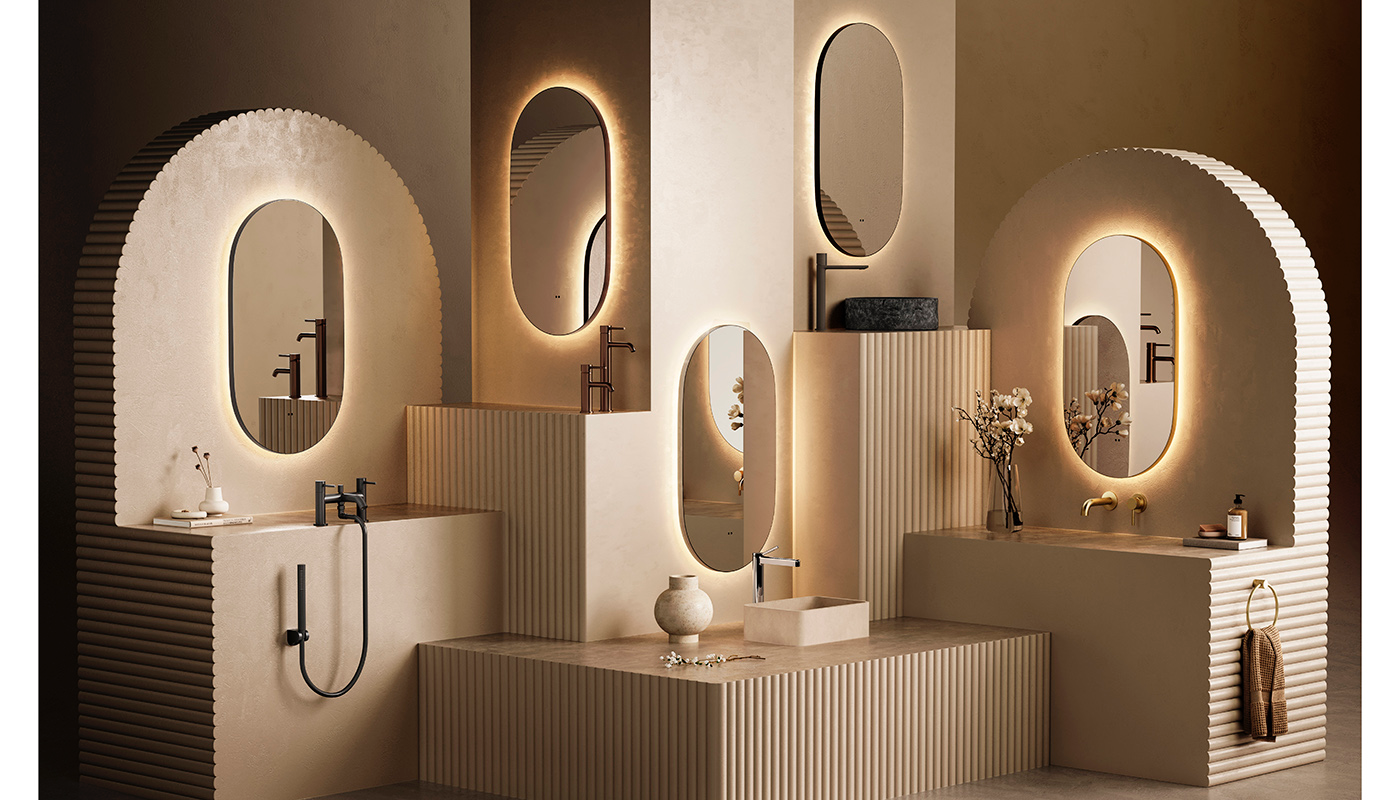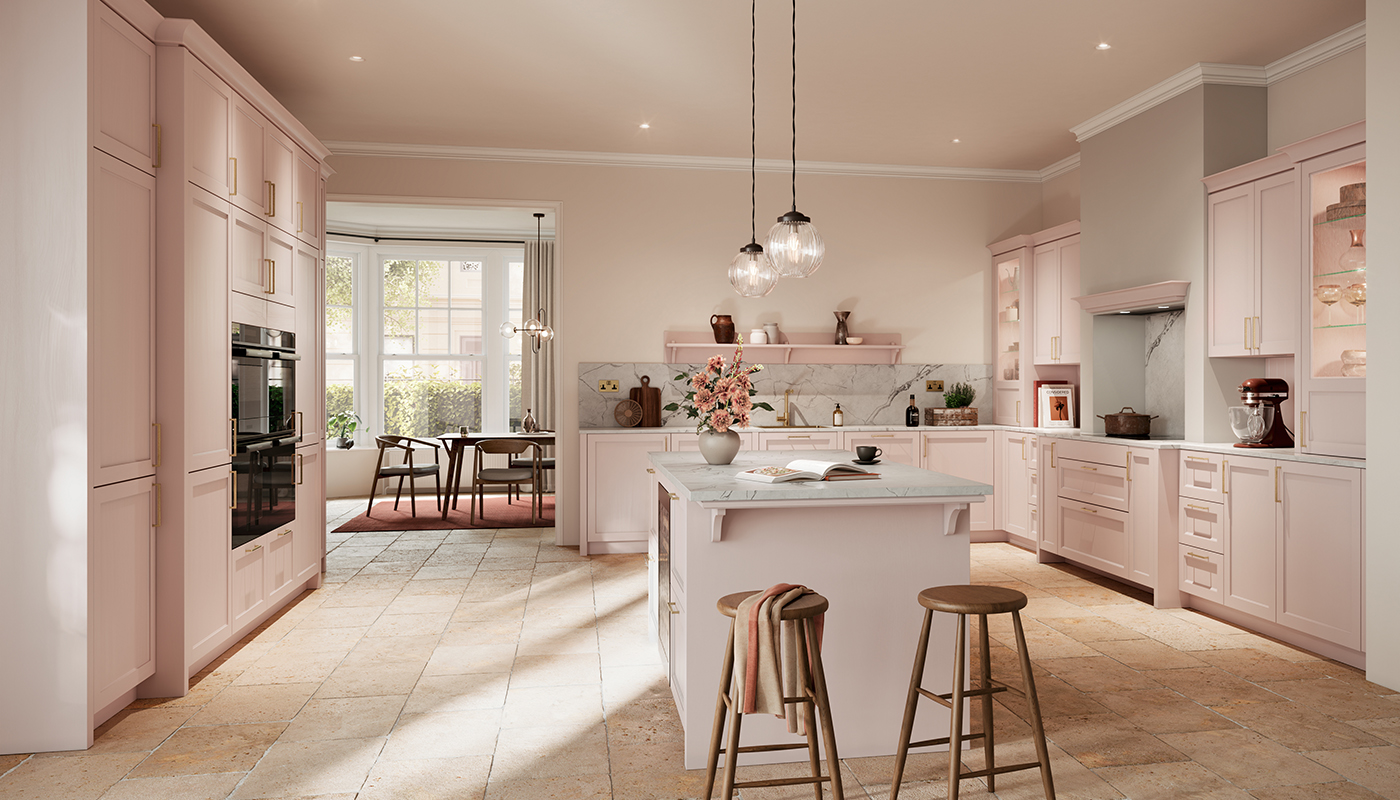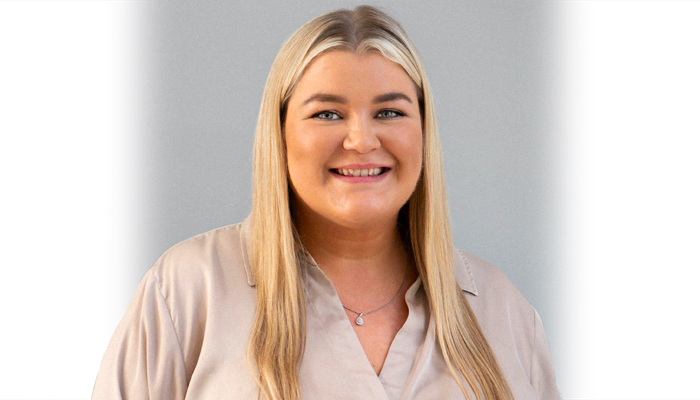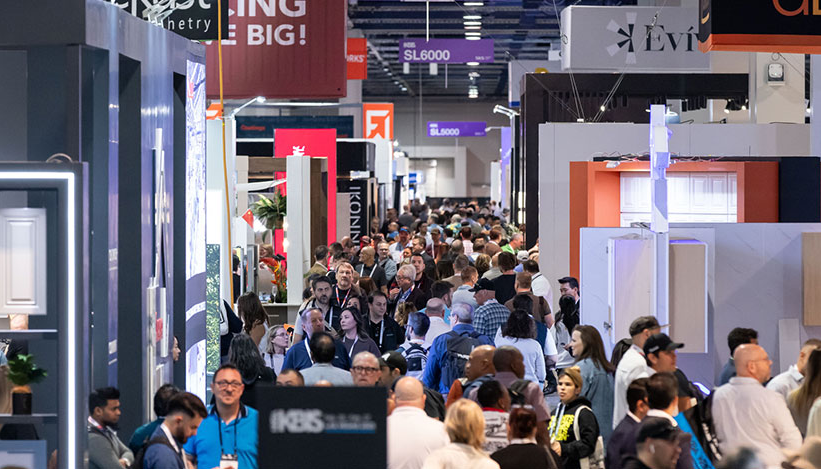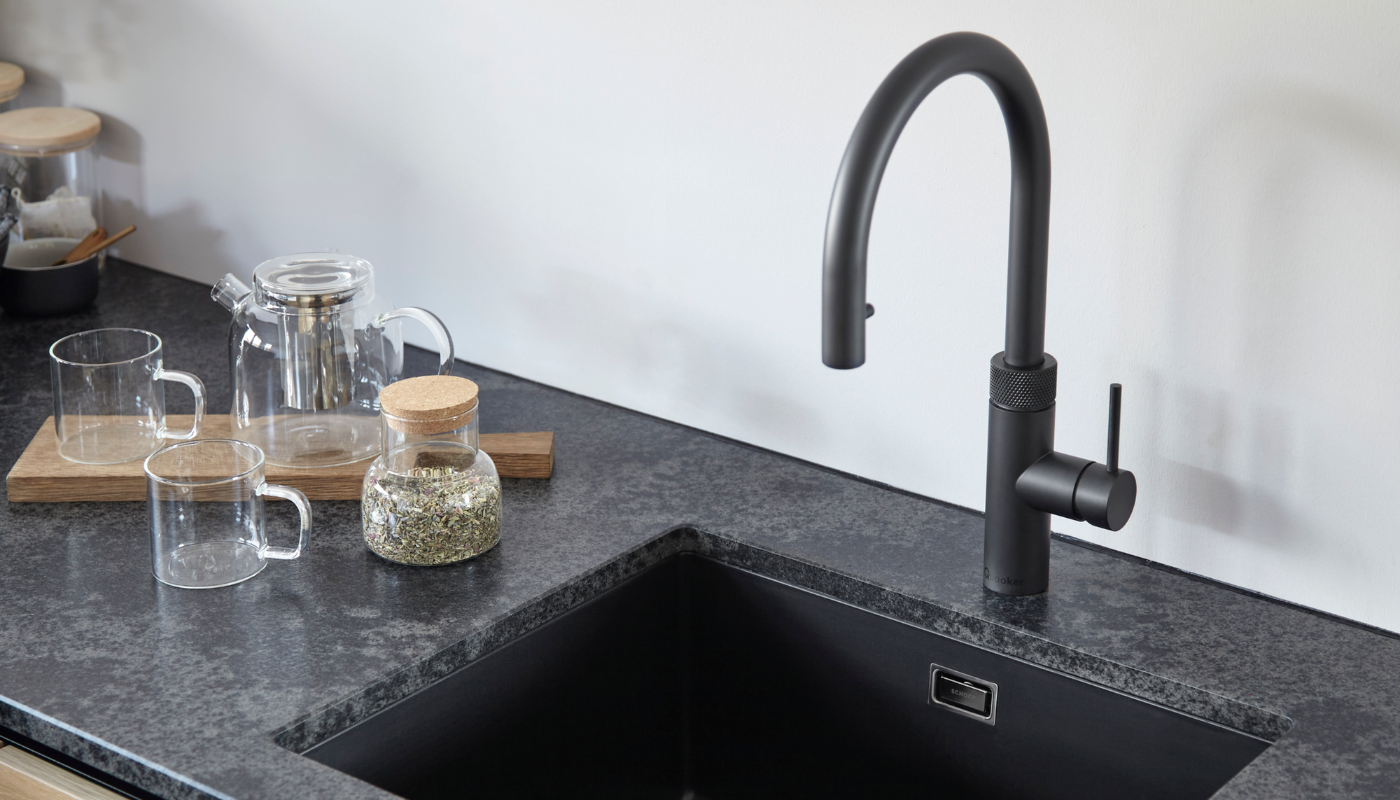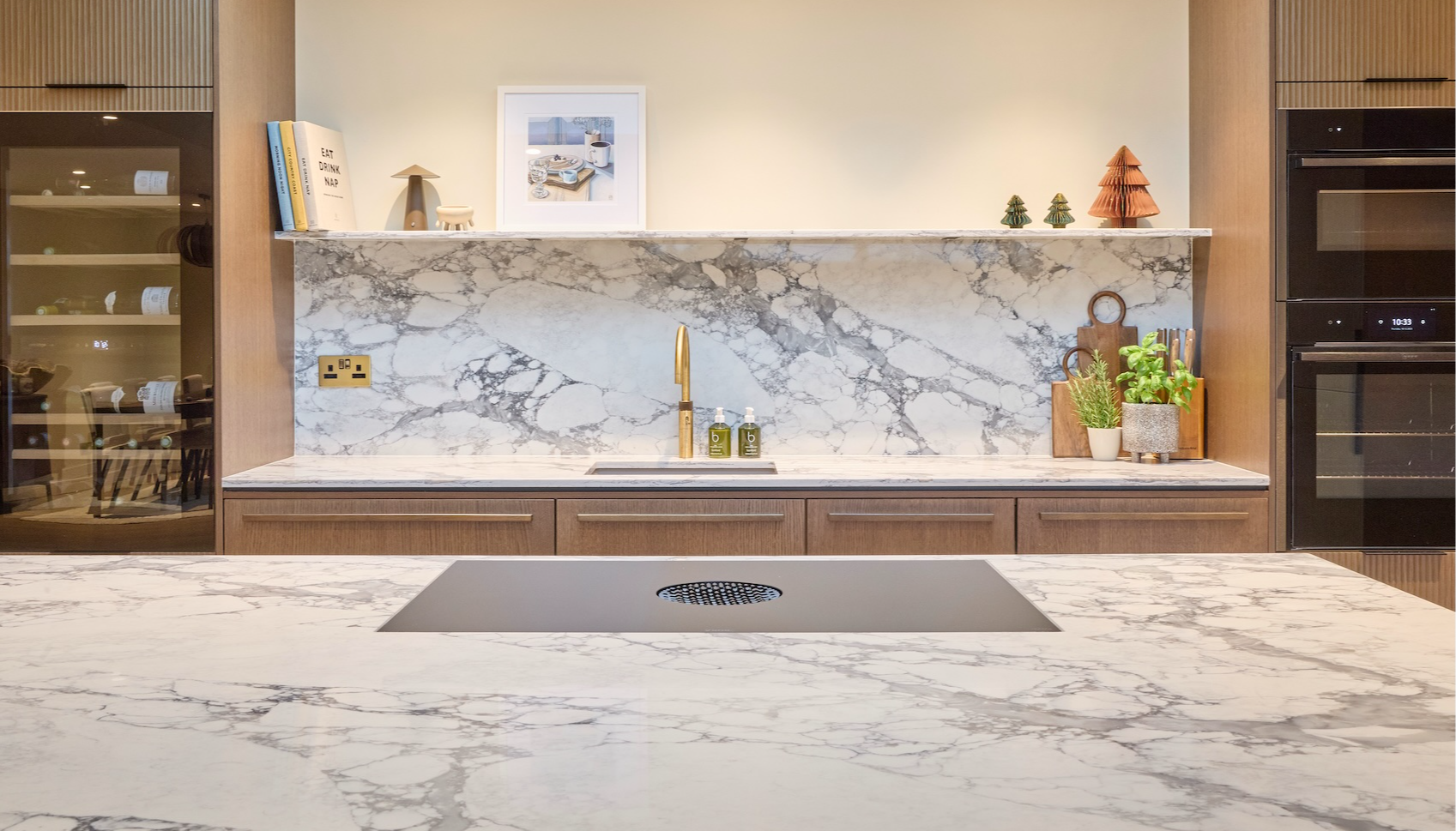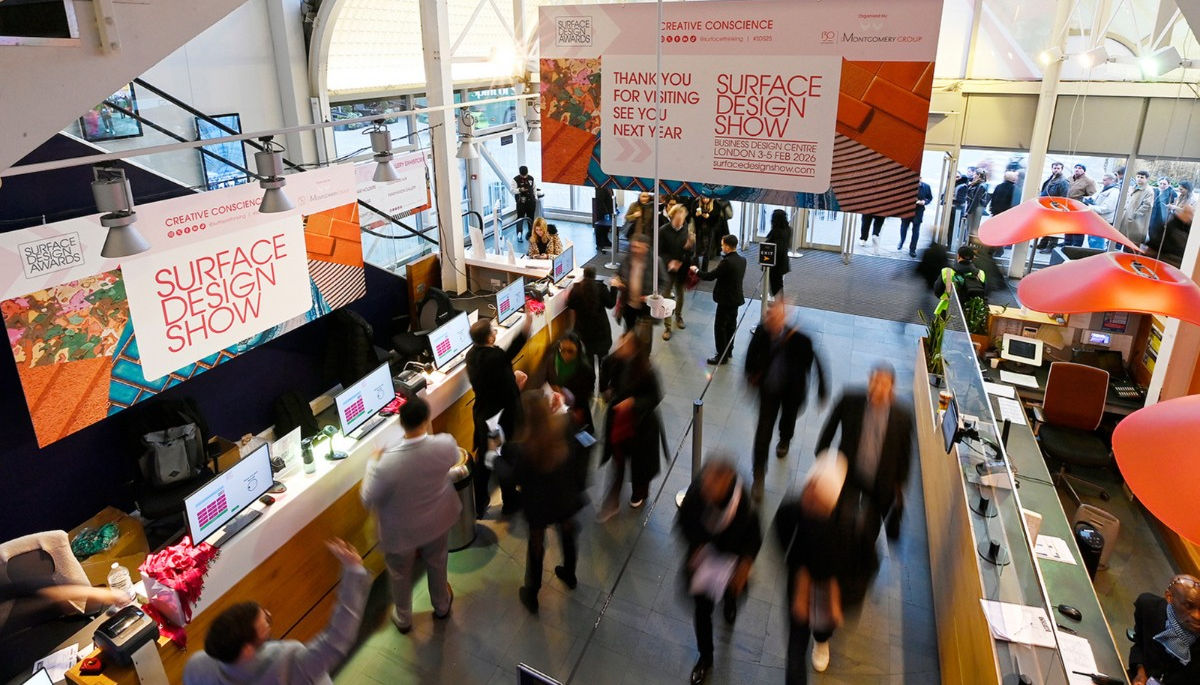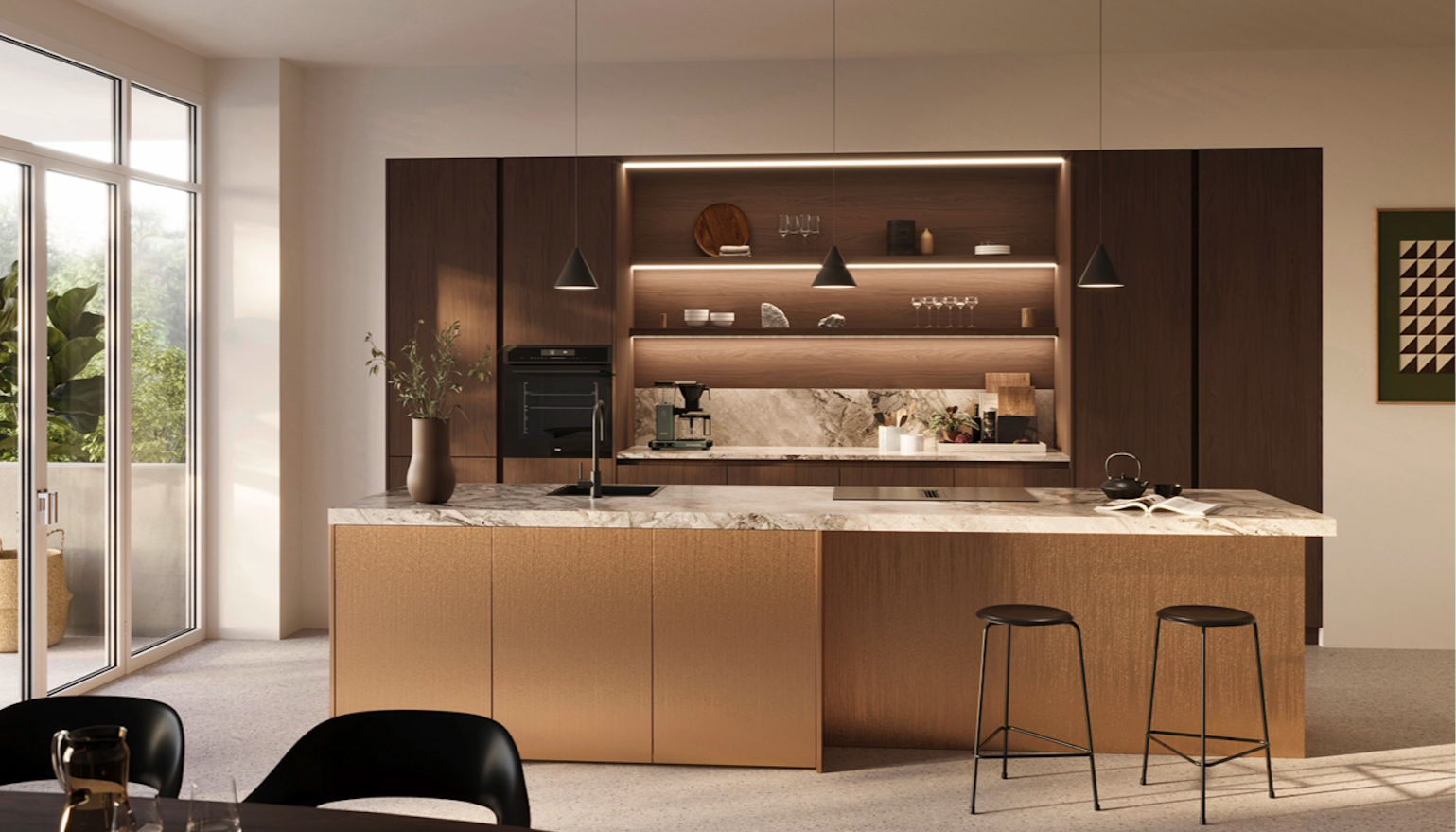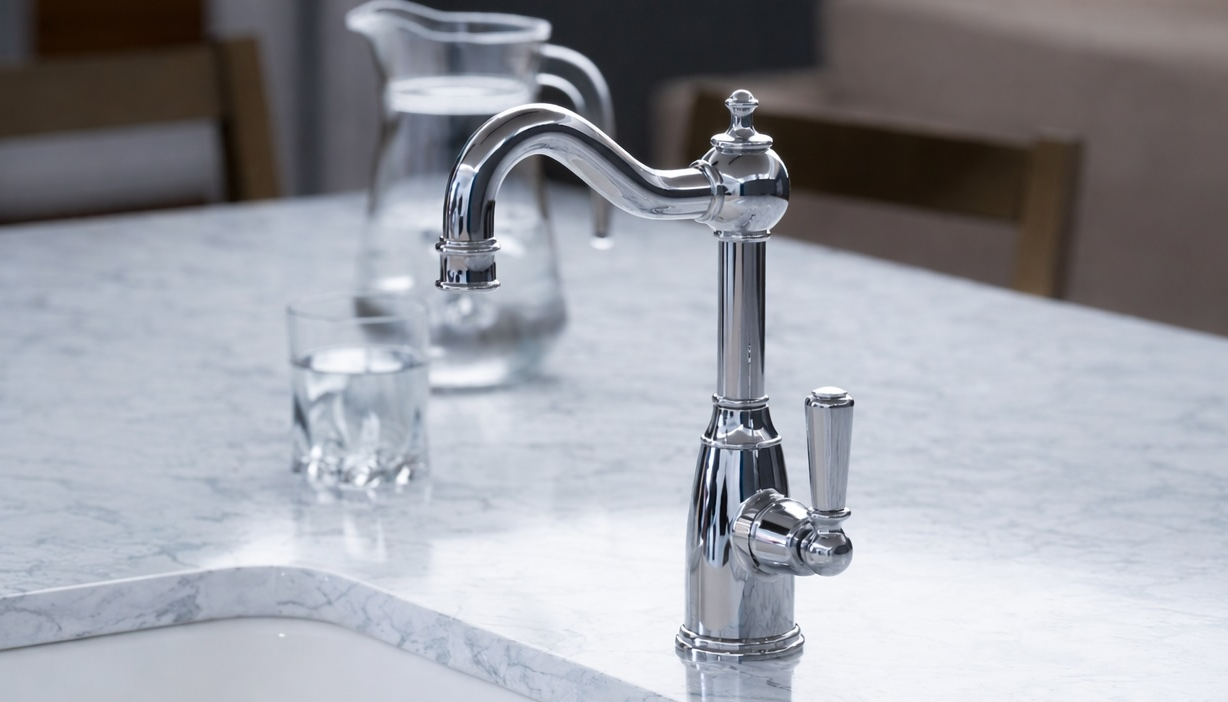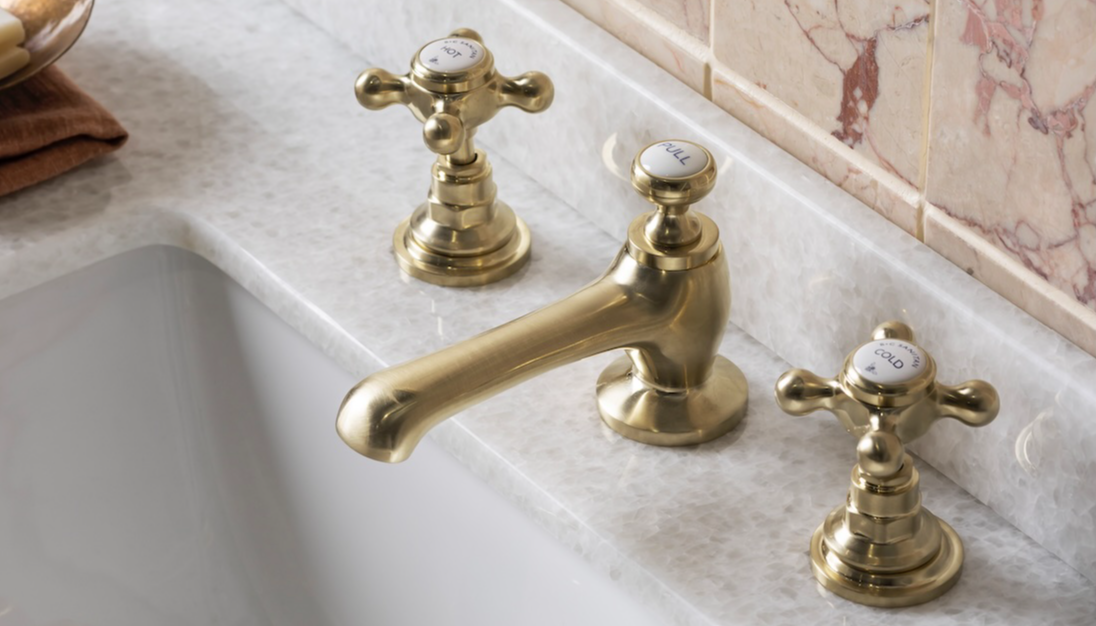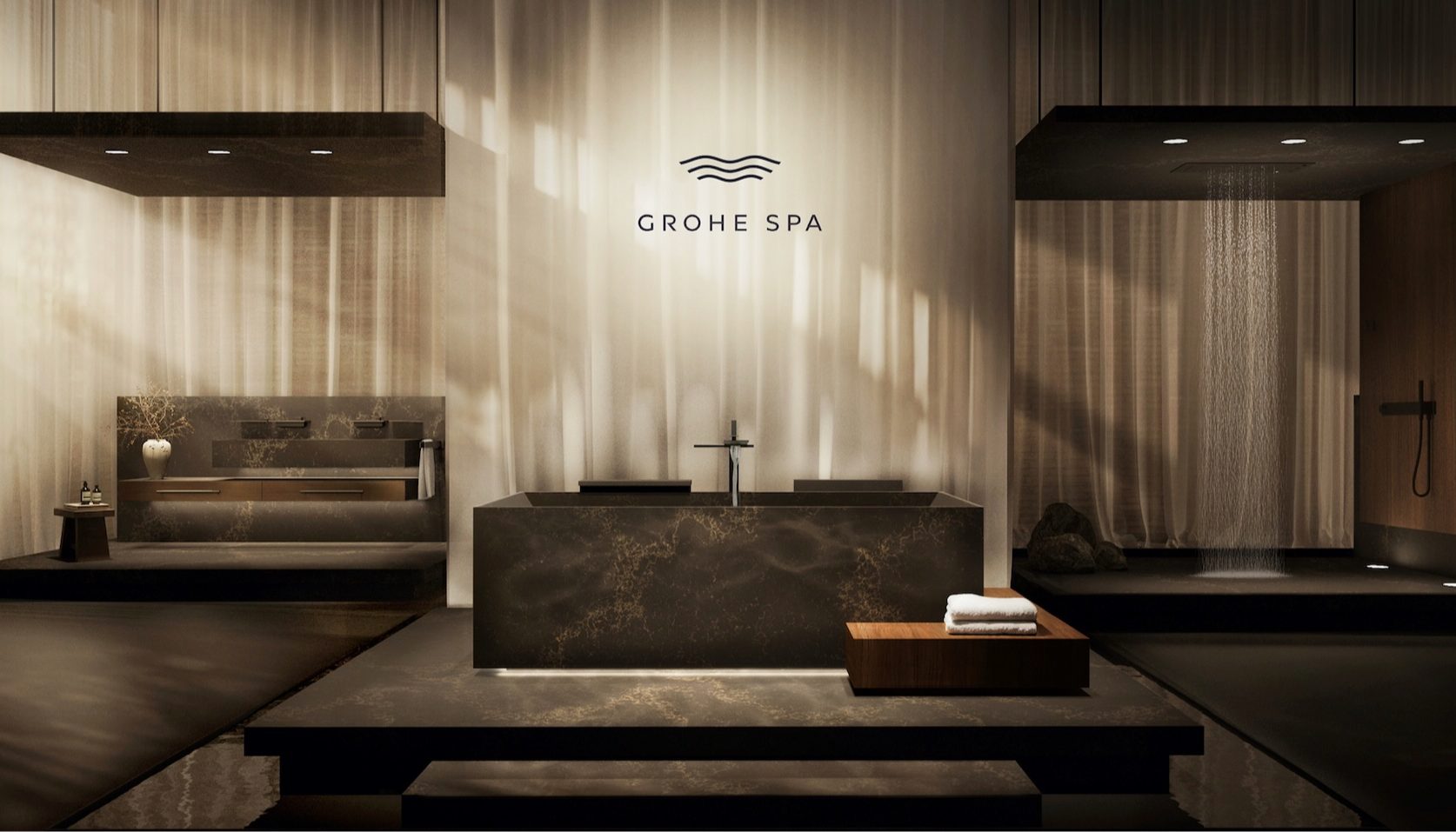Interview: Adam Thomas – There's a lot of money in accessible kitchens
Mon 10th May 2021 by Tim Wallace
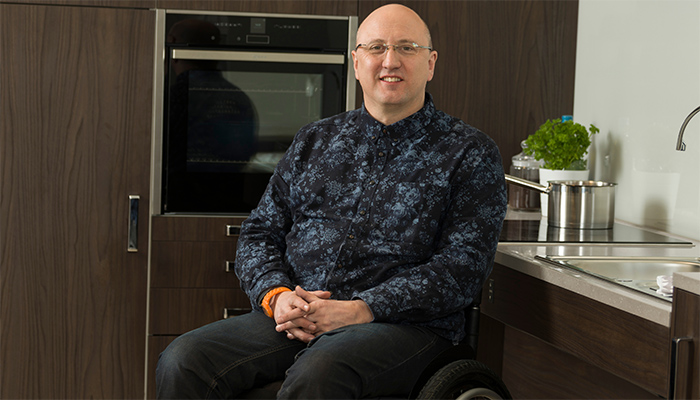
Interview: Adam Thomas – There's a lot of money in accessible kitchens
There are now 14m disabled people in the UK, so why are many kitchen retailers still reluctant to explore the business potential? Tim Wallace talks to leading accessible kitchen designer Adam Thomas and hears about his developing partnership with kitchen brand Symphony.
To highlight why he’s been “single-handedly banging the drum” for accessible design for the last 30 years, Adam Thomas tells the story of a KBB exhibition he once attended where the MD of an appliance brand told him that he didn’t want his premium products associated with disabled people.
“My jaw just hit the floor,” he says. “Some think of disabled people only as dependent, living on benefits. However, the majority have worked all their lives or been fortunate to have insurance or compensation payments.”
Thomas has become one of the world’s leading experts on accessible design since a motorbike accident in 1981 left him paralysed from the chest down. Industry attitudes to multi-generational living are beginning to change as the commercial message hits home but there’s still some way to go.
“People don’t realise there’s a lot of money in the accessible market,” Thomas says. “The spending power of the ‘purple pound’ is reckoned to be worth around £249bn to the economy.
“And when you understand the commercial opportunities and your designers know the basic design principles, it’s relatively easy. You can make a kitchen accessible with rise and fall, or if you’re on a tight budget even fixed worktops at the right height, for no more money than a standard kitchen. But you need to understand the client’s impairment and the difference between a worktop that’s 740mm or 760mm because that can be the difference between someone being able to use it or not.”
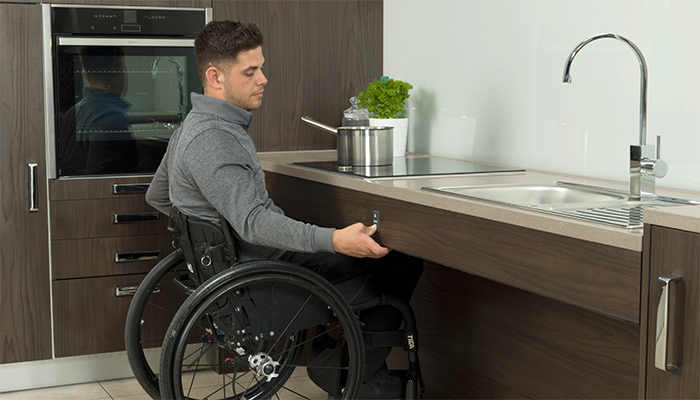
Thomas sometimes visits showrooms posing as a customer to gauge designers’ reactions and knowledge. “Often they initially avoid me and appear uncomfortable, not knowing what relevant questions to ask,” he says. “But this can easily be improved through training and a willingness to learn.”
What has also put retailers off accessible design, he says, is that there are already ‘specialists’ in the field, although they don’t sell through retail showrooms and are set up mostly to service the social housing/grants market.
“The problem is that you can’t adapt standard furniture because everything is at the wrong height, and if you go down the bespoke route it soon becomes expensive. Until now, there’s never been a mass market, truly accessible product. So, my dream was always to team up with a major manufacturer that would build kitchens to my design principles, comply with Doc M, and work for everyone at an accessible price.”
Five years ago, this led Thomas to Symphony, a manufacturer that at the time did not have an accessible retail offer. “They invited me to write a report and suggest ways of improving their product and service to disabled people. I worked closely with Symphony’s R&D team to develop the Freedom range.”
Symphony supports new and existing retailers to help design accessible displays, making sure they blend in with the rest of the store. They also ensure there is accessible parking and WCs, and that the staff are trained in equality and accessible design.
What is also exciting, Thomas says, is that Symphony retailers are using their accessible displays to sell standard products, with features like pull-down baskets, pull-out larders and pull-out tables proving very popular.
Many Symphony showrooms across the UK have now ordered accessible displays. One of the first to get on board was Tara Neil in Reading which is already getting enquiries from places like Southampton, Swindon and Chipping Norton. “That’s a hell of a long way for a disabled person to travel,” Thomas says. “But for the first time they can actually go to an independent showroom showing Symphony products and be treated in exactly the same way as anyone else.”
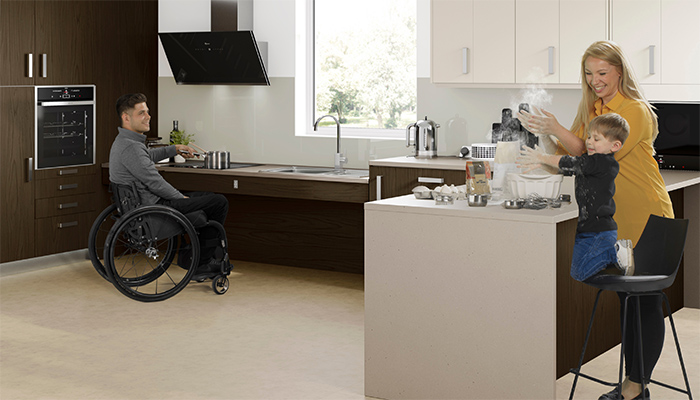
Tags: interview, features, adam thomas, inclusive design, accessible kitchens, accessible design, symphony group, kitchens





